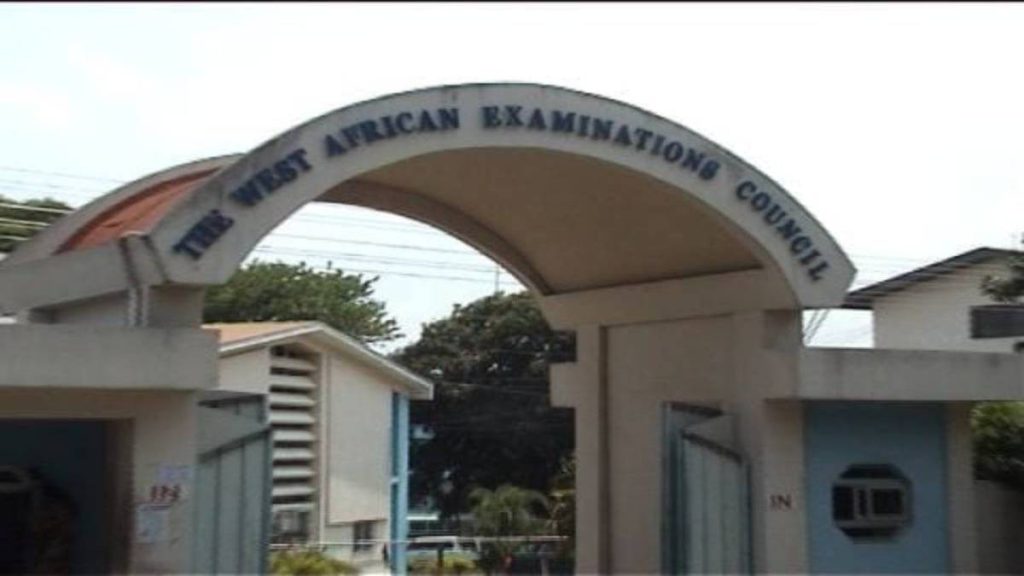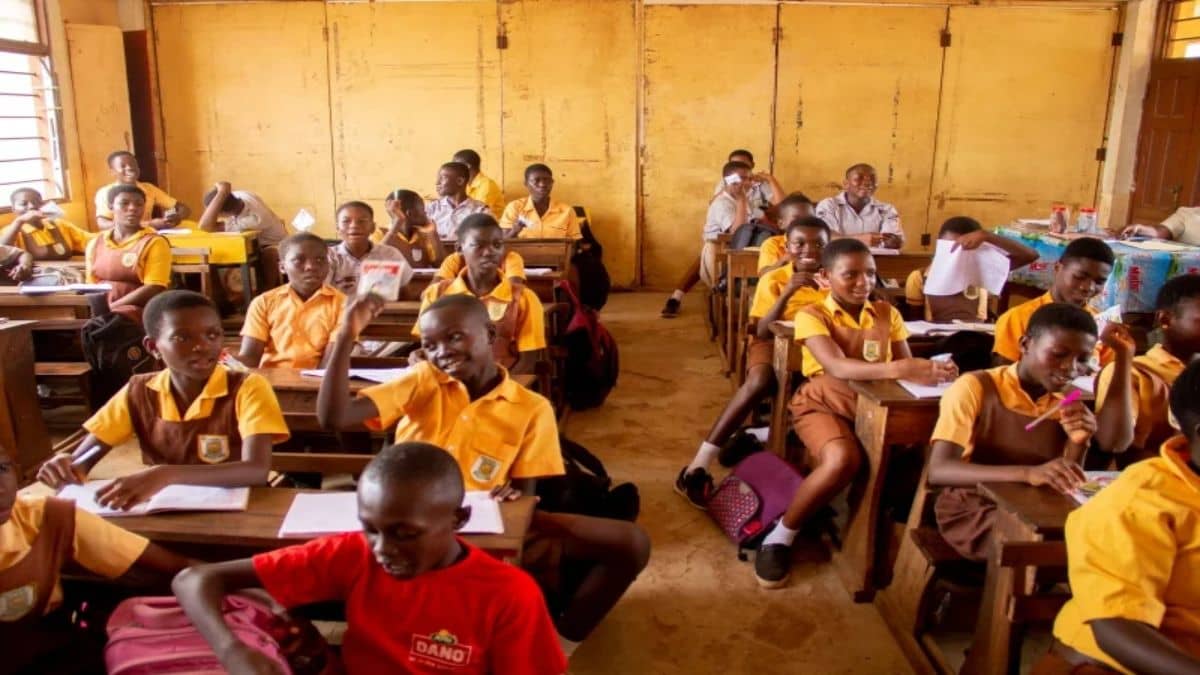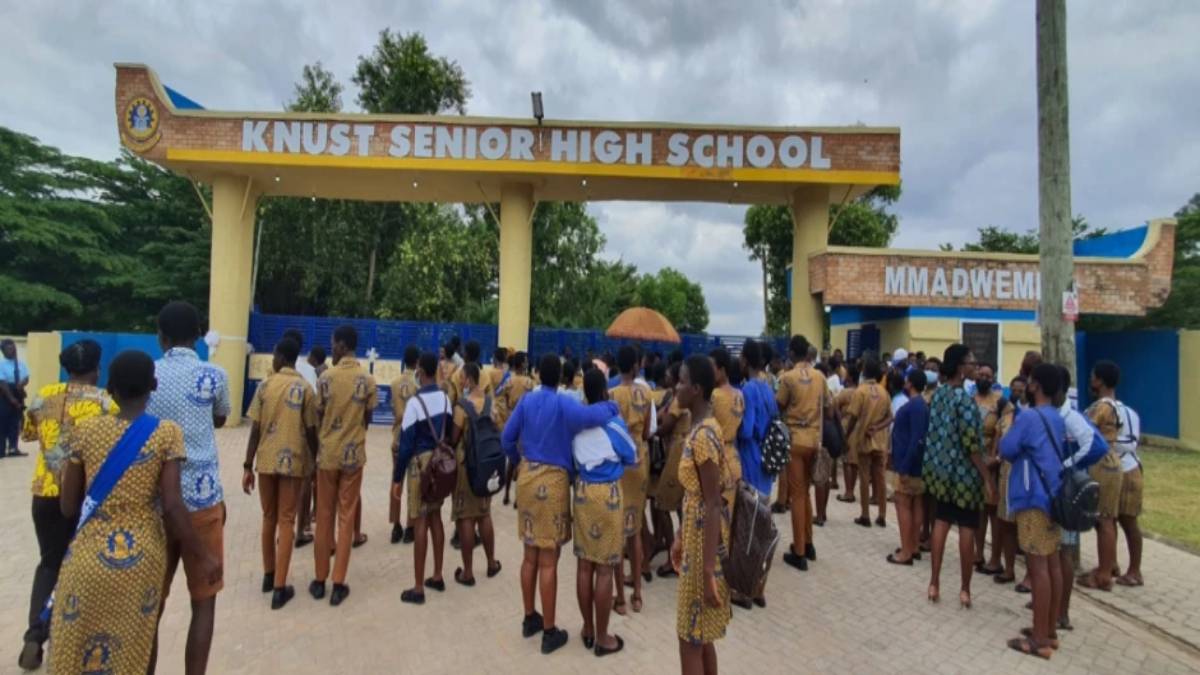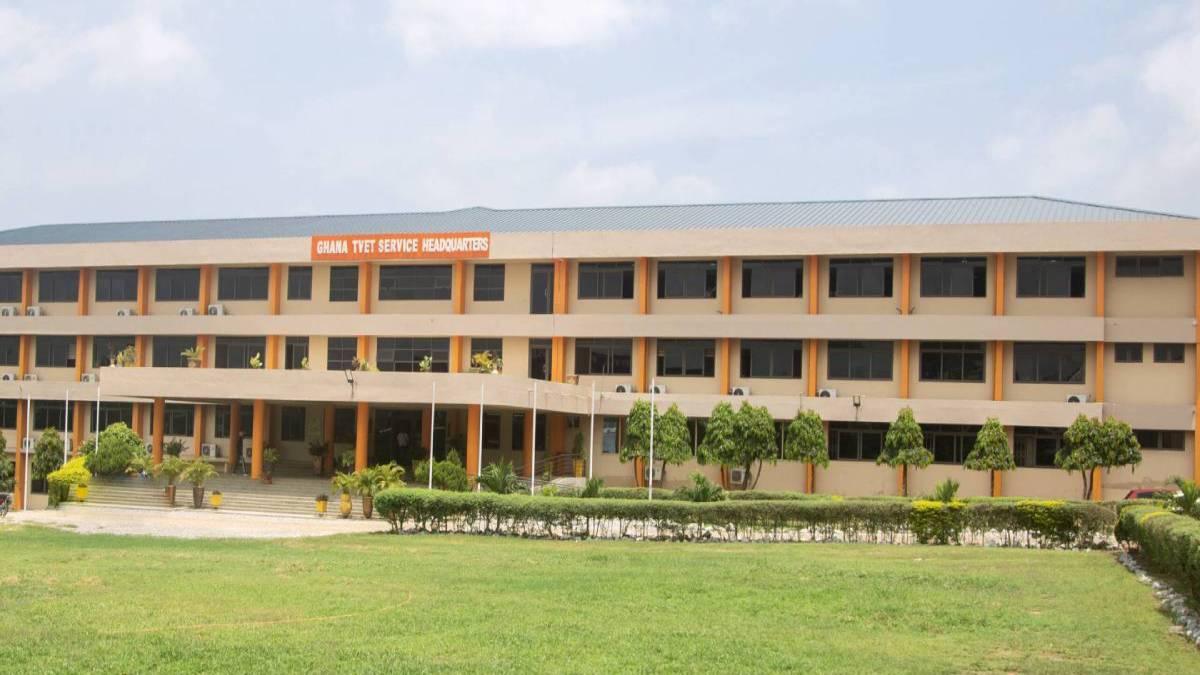GNACOPS calls for reform in WAEC service amid BECE results crisis

The Ghana National Council of Private Schools (GNACOPS) is calling for reforms in the examination services provided by the West African Examinations Council (WAEC) following this year’s Basic Education Certificate Examination (BECE) for School and Private results crisis.
In a social media post sighted by Pretertiary.com, the Executive Director of GNACOPS, Enoch Kwasi Gyetuah, said the West African Examinations Council (WAEC) has been the cornerstone of assessment in Ghana’s education system for a long time.
However, he said concerns about transparency, accountability, and fairness have sparked calls for reform. As Ghana continues to evolve its educational landscape, it’s essential to examine the role of WAEC and potential alternatives.
“Ghana’s assessment system, heavily reliant on WAEC, has been criticized for its narrow focus on pen-and-paper examinations. This approach often prioritizes rote memorization over critical thinking, creativity, and practical skills.
Many students and educators argue that this system fails to adequately prepare students for the demands of the modern workforce. For instance, the current system doesn’t allow students to showcase their creative and innovative abilities, which are essential skills in today’s fast-paced world,” he stated.
The Private Schools Council Director, citing growing concerns that WAEC requires independent regulation to ensure accountability and transparency, said the National Council for Curriculum and Assessment (NaCCA) could potentially play this role, providing oversight and guidance to WAEC.
This, he said, would help ensure fairness and consistency in examination processes, enhance transparency in marking and grading, and provide a platform for stakeholders to share feedback and concerns. With NaCCA’s involvement, WAEC’s processes could become more robust and credible.
“Moreover, some educators advocate for a shift towards competency-based assessments, which focus on practical skills and real-world application. This approach could better prepare students for the workforce and provide a more comprehensive evaluation of their abilities.
By emphasizing critical thinking and problem-solving, competency-based assessments would encourage creativity and innovation, providing students with practical experience and skills that are essential in today’s world,” Mr Obengfo Gyetuah noted.
The GNACOPS Director has also proposed the establishment of an independent assessment body, comprising public and private stakeholders, to design, moderate, and oversee examinations.
“This could enhance credibility and trust in the system by bringing together diverse expertise and perspectives, ensuring accountability and transparency in assessment processes, and providing a platform for stakeholder engagement and feedback,” the National Executive Director of the Council said.
“Reforming Ghana’s assessment system could have numerous benefits. For one, it could improve student outcomes and preparedness for the workforce.
It could also enhance credibility and trust in the education system, increase transparency and accountability in assessment processes, and better align the system with modern educational needs and demands.
In conclusion, Ghana’s education system is at a crossroads. The current assessment system, while well-intentioned, has limitations that need to be addressed.
By exploring alternative approaches and regulatory frameworks, we can work towards a more effective, transparent, and accountable system that benefits students and stakeholders alike,” Mr Gyetuah concluded.
The Ghana National Council of Private Schools (GNACOPS) concerns follow the announcement by the not-for-profit organization (WAEC) that approximately 95% of this year’s Basic Education Certificate Examination (BECE) results for both school and private candidates were cancelled due to the use of mobile phones in examination halls.
Head of Public Affairs at West African Examinations Council (WAEC), John Kapi, disclosed this while speaking on Accra-based Starr FM’s Morning Star with Naa Dedei Tettey on Monday, August 25, monitored by Pretertiary.com.
“At the end of this, the marking process, we cancelled 718 subject results, that is, for 718 candidates. Then we had 177 of them who had their entire results cancelled. We withheld 1,240 results of candidates, and then also the entire results of ninety-three candidates were withheld for further investigation. A number of schools have had, I mean, for the entire school, subject results have been cancelled for about 119 schools,” he said.
The spokesman for the not-for-profit organization explained that WAEC’s rules explicitly bar candidates from entering examination halls with mobile phones or other electronic devices capable of storing information.



